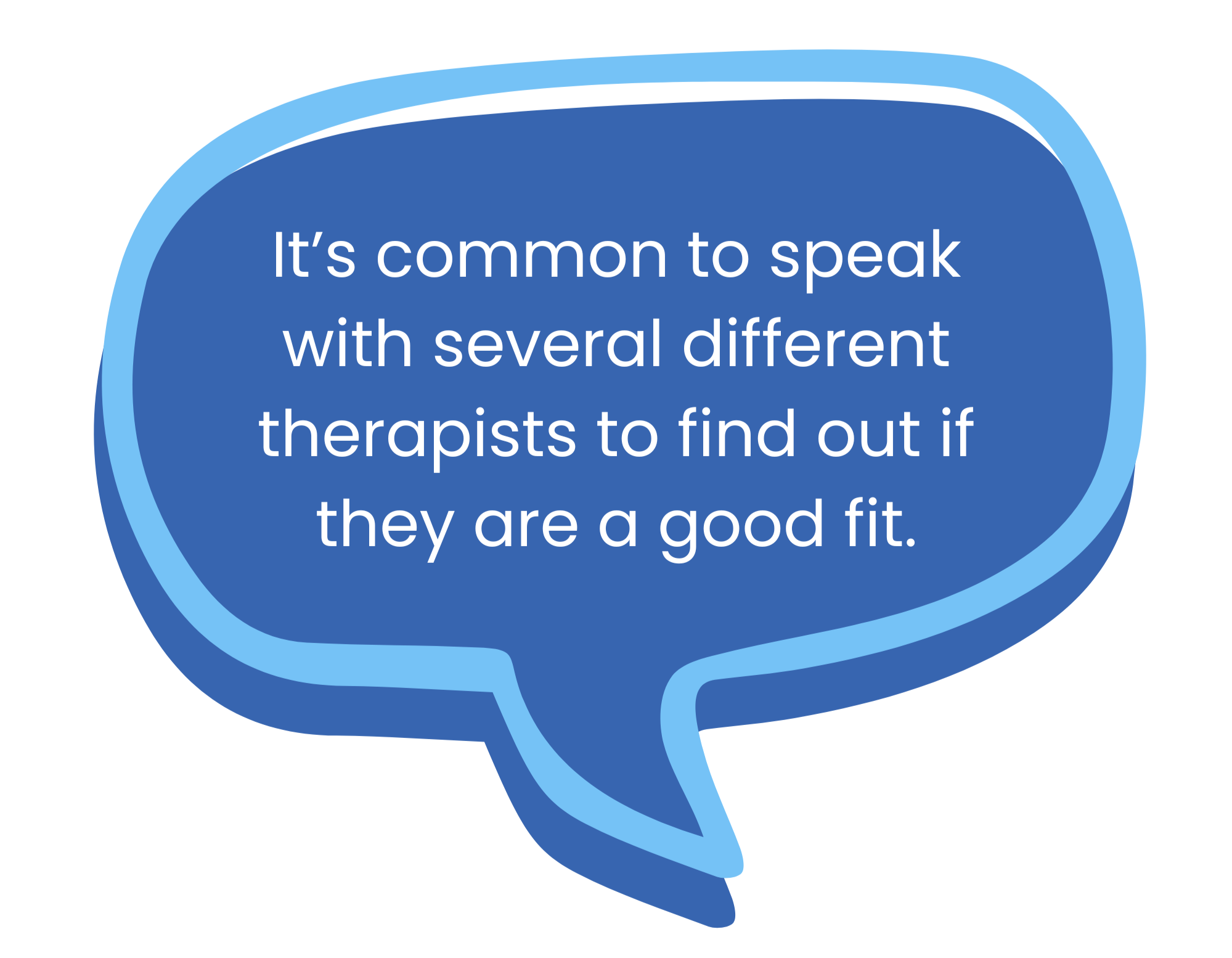Finding Mental Health Support
If eczema has affected your family’s emotional and social well-being, you are not alone. Itch, sleep disruption, unpredictable flares, and visible rash can affect children’s mood, self-esteem, and participation in important activities. Parents may experience a range of emotions, such as frustration, uncertainty, sadness, anxiety, guilt, isolation, and helplessness related to their child’s symptoms.
Many parents feel like they don’t have the time to focus on their own mental health, but when you take care of yourself, you are better able to meet your child’s needs and model healthy coping strategies.
It’s important to talk with your child’s health care provider about the emotional and social impact of eczema. It can feel difficult to bring up mental health concerns, but open conversations are important to your, and your child’s, well-being and may affect shared decision making about treatment options.
Common eczema-related concerns that therapists can help with include:
Managing itch
Following skincare routines and involving children in care
Coping with with anxiety about medical procedures and treatments
Treating sleep problems
Handling parenting stress or behavior challenges
Managing stress
Learning relaxation and mindfulness skills
Managing depression, anxiety, and ADHD
Building self-esteem and confidence
Improving family and social relationships
Handling bullying or teasing
Collaborating with the daycare or school
Signs that your child might benefit from mental health support include:
Spending less time with friends or in activities they enjoy
Making negative comments about themselves
Appearing more sad or irritable
Having sleep problems
Having problems with school work
Having worries that are difficult to control
Expressing feeling hopeless about their skin
If you, or your child’s, feelings make it harder to participate in or enjoy your usual activities, or if problems are getting worse instead of better, these are signs that meeting with a therapist may be helpful.
How to Find a Therapist For Yourself or Your Child
Resources for finding a therapist:
Ask your/your child’s health care provider for referrals
Call your insurance company or go to their website (information can be found on the back of your insurance card)
Use a therapist directory:
American Psychological Association: https://locator.apa.org/
Psychology Today, https://www.psychologytoday.com
Association for Behavioral and Cognitive Therapies, https://www.abct.org
Anxiety & Depression Association of America, https://adaa.org
Find out if your employer has an Employee Assistance program that provides mental health care
Contact your local health department for local community mental health services
Contact your local state psychological association
Ask your child’s school counselor for referrals
Questions to find out if a therapist is a good fit:
Are you a licensed therapist? Examples of licensed mental health professionals include licensed psychologists, clinical social workers, counselors, marital and family therapists, and psychiatrists (psychiatrists often focus on medication management).
What is your experience helping people with my specific concerns?
Do you use “evidence-based” strategies (treatments proven to help by research)?
What experience do you have working with the age group needed (e.g., young children, school-aged children, teens, parents/caregivers)
What experience do you have working with children with eczema and/or their caregivers? Are you familiar with typical challenges they may face?
Are you willing to learn more about eczema and how it is managed?
What experience do you have working with children with medical conditions and/or their caregivers? (this is often very helpful, even if the therapist does not have experience helping people with eczema)
How do you work with parents (if your child will be the client)?
What are your fees? Do you take my insurance or have a sliding scale (fee based on income for people who do not have or cannot afford health insurance)? Some therapists are “private pay” only, meaning that you will pay the full cost of therapy service yourself, without using insurance. Sometimes you may have “out-of-network” insurance benefits, which may allow you to submit receipts to your insurance company for some reimbursement. Call your insurance company to ask about this ahead of time.
Other resources for finding and paying for therapy:
The Caregiver Wellbeing Special Interest Group of the Society of Pediatric Psychology has useful resources for parents of children with medical conditions.
Mental Health Crisis Resources
911 (Emergency Services): Dial 911 if someone is in immediate danger of harming themselves or others, or if there is a threat of violence or suicide.
988 Suicide and Crisis Lifeline: Dial 988 in the United States for 27/7 free and confidential support to people in crisis. Learn more at: https://988lifeline.org/
Crisis Text Line: Text “HOME” to 741741 in the United States for free, 24/7 emotional support and information. Learn more and find text lines for other countries at: https://www.crisistextline.org/
















